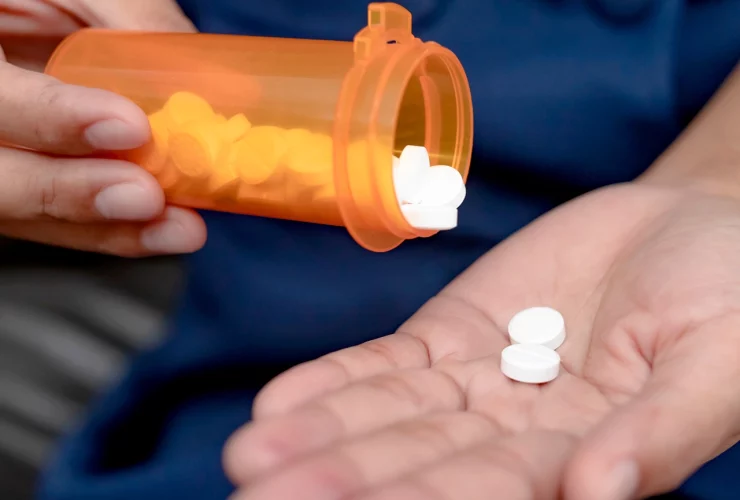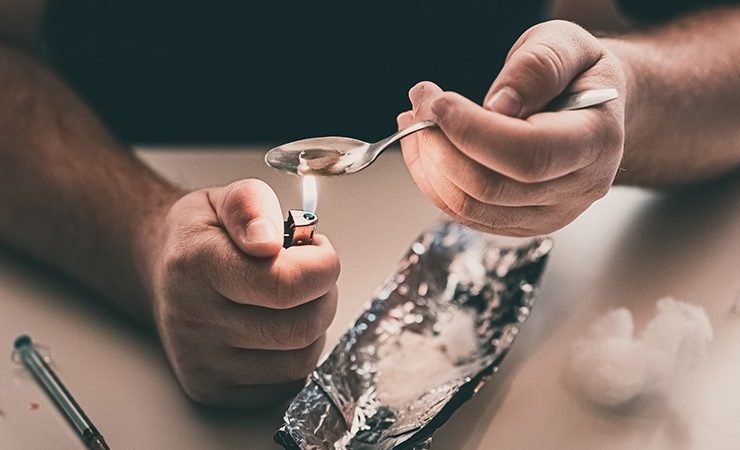Top Tips for Addiction Relapse Prevention
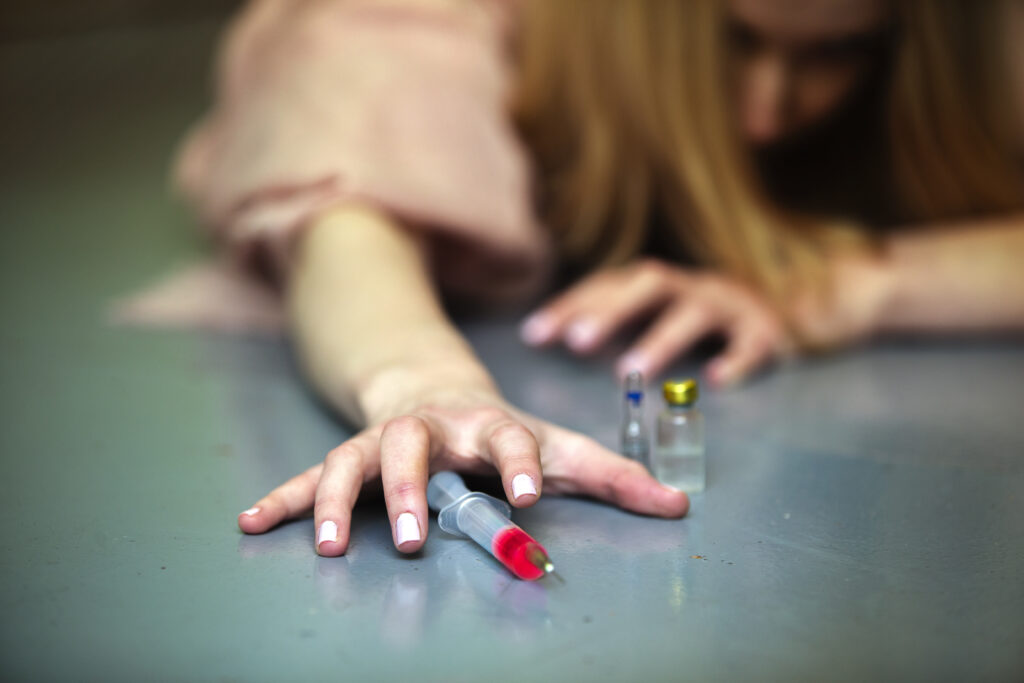
What are the best tips for addiction relapse prevention? We’ll cover some of the top tips for preventing relapse in this article. By the end of this post, you will be more equipped with the knowledge to handle challenges in your treatment, such as relapse.
For anyone going through addiction treatment, the thought of relapsing may seem scary. It may feel as though there is no escape from the bad habits and the never-ending cycle of addiction. But this is not true. There will always be ways to handle the challenges and move forward on your recovery.
Related article: How to Handle Feelings of Guilt and Frustration After Relapse
What is a Relapse?
In simplest terms, a relapse is when the condition takes a few steps back after seemingly becoming better. When you have an addiction relapse, your addictive behaviours return. It means that you may be using drugs or alcohol again after being clean for some time.
A relapse can be different for every recovering addict. For example, an alcoholic may relapse because he or she had one drink. It doesn’t matter if you went through binge drinking, or you just had a shot of alcohol. When you break your abstinence, that is a relapse.
Nevertheless, going through a relapse shouldn’t discourage you from pursuing your treatment and recovery. It is still crucial that you move forward and learn from it. For example, what were the triggers that made you relapse? What are you going to do next time to prevent it from happening? These questions are what you should keep in mind so that you can continue to improve in your addiction recovery.
Relapse is normal if you are going through addiction recovery. It is widely common, to the point that it is somehow expected. So, don’t be too hard on yourself if you went through a relapse. Anyone going through addiction recovery may experience a number of relapses before they can quit successfully.
Does a Relapse Mean Failure?
Even though relapse is recognized as a part of your recovery from your addiction, it is normal to feel you failed when you relapse. It can be discouraging that you may think all your hard work to abstain from drug and alcohol abuse is useless. But it is vital that for you not to quit regardless of how many relapses you experience. What’s important is that you are determined to make the necessary changes so that you can work on relapse prevention in the future.
Keep in mind that relapse does not mean failure on your part. Accept that relapse is part of the process of addiction recovery. Looking at it in this way will help you learn from your mistakes and what made you relapse. When you start to see relapse as a learning opportunity, you will be able to have a bigger chance of long-term success.
What you have to do is to accept that you had your moments of weakness and that you are willing to rise above it. When you have this kind of attitude towards relapse, you will most likely want to try again and go through your recovery and treatment. It will only be a matter of time before you will overcome your addiction.
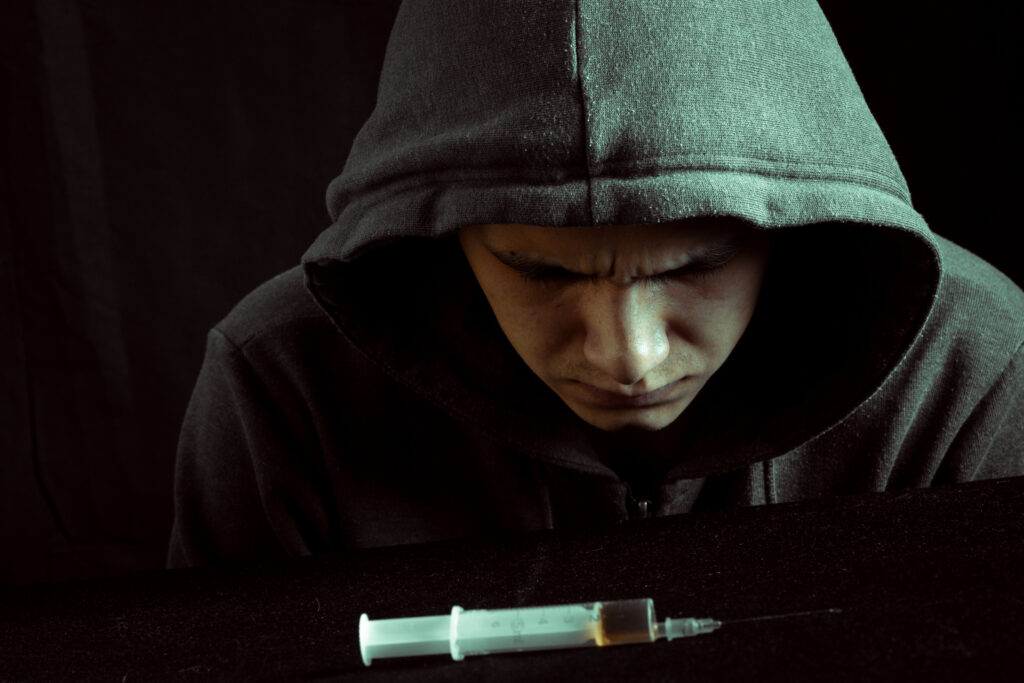
Responding Positively to a Relapse
Relapses, although common and normal in addiction recovery, should not be taken lightly. There are many good rehabilitation programs that include planning for any possibility of a relapse. Relapse prevention is important in the overall treatment program for addiction.
With it, recovering addicts can anticipate which factors may trigger them to go back to using drugs or alcohol again. When they know this, then they can plan ahead so that they will know what to avoid and how to do it.
What is crucial in recovery is that you remain focused on the goal of overcoming your addiction. Even if a relapse happens, you should go back to your goal of long-term recovery. Allow the relapse to teach you your weak points.
Ask yourself what led you to go back to using substances. You can then start thinking about the steps you need to take to avoid it in the future. It is to ensure that the relapse won’t happen again. Or, if you find yourself feeling a strong urge to use drugs, you will know how to address the situation properly.
Understanding the Triggers
When you had a relapse, another important thing to watch out for are the triggers. For example, did you have any positive or negative triggers before the relapse happened? There are times when you experience stressful events. It can cause a relapse to happen because you try to cope with the stress by going back and doing something familiar and comforting to you. In this case, it’s the drug or alcohol use.
But not all triggers that cause relapse are negative. Sometimes, it can be a happy event. For example, your friends are celebrating, and there are alcoholic beverages. It will be very easy for you to relapse because of the availability of alcohol. No matter the trigger, keep in mind that you can always learn from your relapse if you’ve had a recent one.
Relapse prevention is possible if you know how to avoid and manage the triggers. Recognize the triggers early on so that you can find ways to stay away from them. Since you are in the process of quitting your addiction, it is crucial that you plan ahead for relapse prevention. Nevertheless, if you relapse, learn what made you go back to such behaviour and be resolved to avoid the triggers as best as you can.
What are the Common Triggers that Lead to a Relapse?
Some of the common triggers include withdrawal symptoms such as physical weakness, nausea, and anxiety. These feelings can cause you to relapse. Other symptoms include poor sleep, mood swings, and irritability. These symptoms are uncomfortable, and you would think that the only way to make them stop is by going back to your use of illicit substances.
If you continue to go out with the same group of friends that you did drugs with, then you are more likely to use drugs again. It is best that during your recovery, you focus on your treatment. You will find the support that you need from group counselling sessions. There, you’ll get to meet people who are also going through recovery. You may even make new friends in the process.
During the time when you are recovering from your addiction, it is best that you stay away from places you used to hang out. It could be places where you bought or did drugs. That’s why it is a good idea to enter an inpatient treatment centre so that you will be far from familiar places. It will keep your mind away from your old habits of using drugs or alcohol.
Related article: These Withdrawal Symptoms Really Happened and You’ll Be Surprised
Stages of a Relapse
A relapse is not an even that just happens. It is actually a process. To better get an understanding of relapse prevention, you need to grasp the stages of a relapse. Relapse begins weeks or months before you experience a physical relapse or when you’ll actually use it again. There are three stages, namely: emotional, mental, and physical relapse.
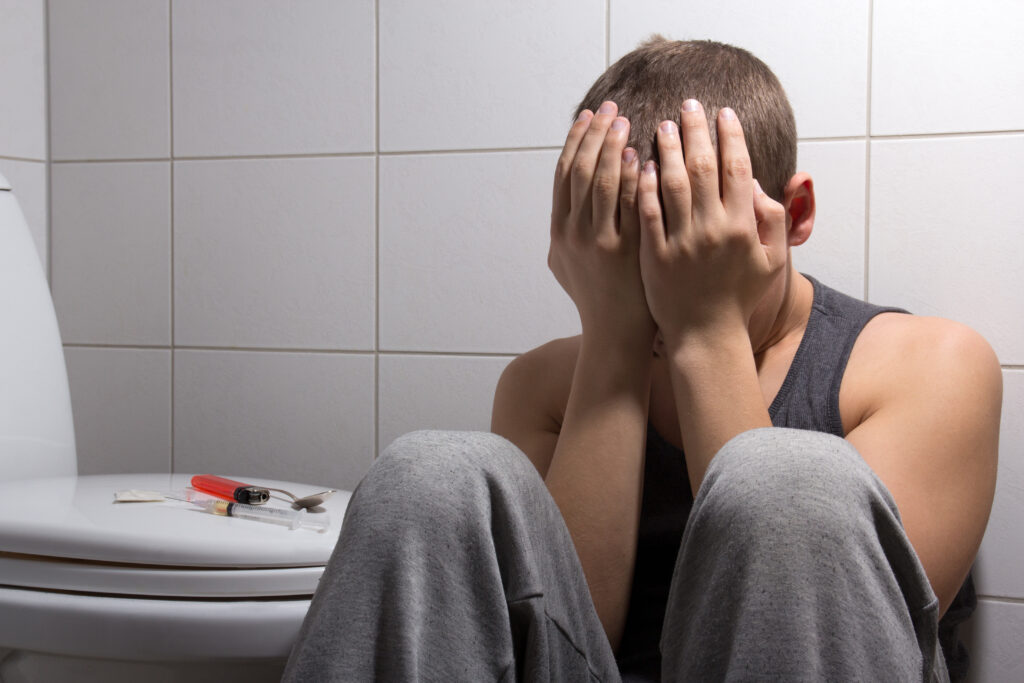
Emotional Relapse
During the emotional relapse, you’re not really thinking of going back to using drugs. However, your feelings, behaviours, and emotions are beginning to set you up for future relapse. For example, you will experience the following:
- Difficulty in sleeping
- Loss of appetite
- Skipping counselling sessions
- Isolating yourself
- Mood swings
- Becoming defensive
- Anger
- Anxiety
These feelings during an emotional relapse are the same as those of withdrawal symptoms. If you have an understanding of what goes on during withdrawal, then it is much easier for relapse to be avoided. Emotional relapse is the first stage, and you can still pull yourself back.
Relapse Prevention in the Early Stages
At this particular stage, relapse prevention requires you to recognize that what you’re going through is an emotional relapse. You are going through some changes in your behaviour. It may be tempting to isolate yourself, but don’t allow this to happen. Instead, ask for help from your therapist or counsellor or someone you trust.
Another thing that you ought to acknowledge is that you are anxious. At this point, make use of the relaxation techniques you have learned from counselling and therapy. You also need to sleep well and eat well. Practicing self-care is important so that you can remain focused on the goal of getting better and moving away from the bad habits of addiction.
You need to change your behaviours during this stage. If you let the emotional relapse take over, it’s going to be exhausting for you. Exhaustion will lead you to stress, and that’s something you want to escape from. If you let this go on, then you will experience a mental relapse.
Mental Relapse
During a mental relapse, there is a battle happening in your head. There’s a part of you that wants to use drugs while another part wants to stay clean. In a mental relapse, you are thinking about going back to drug use. Here are some of the mental relapse signs:
- You have been thinking about the people that you used to do drugs with. Your thoughts also include going to the places where you did drugs.
- You think about how great it was when you were high on drugs. The thought of experiencing that same high occupies your mind.
- You start communicating with old friends who also used drugs.
- You plan about how you can use drugs again.
Tips on How to Deal with Mental Relapse
Play the whole scenario in your head when you’re fantasizing about using drugs or drinking alcohol. You think that you’re strong enough this time to stop at one drink or one hit. However, you should let the scene go on so that you will see that it won’t stop there. You will use your substance of choice until you hate yourself.
Imagine what you would feel the following day after binge using or binge drinking. You will feel very disappointed with yourself. You’ll feel as though all your hard work to keep yourself clean and drug-free or alcohol-free has gone to waste. Soon, you’ll find yourself trapped in the cycle of binge-using and self-loathing. Whenever you want to use and you fantasize about it, make sure that you play the whole scenario. You will find that using again is simply not worth it.
Tell Someone You Trust that You Want to Use Again
Whenever you feel the urge to go back to using drugs or drinking alcohol, call someone that you trust. It can be your partner, friend, or counsellor. You can share with these people the struggle that you are going through. The good thing about sharing this feeling is that when you start talking about wanting to use, the feelings will begin to dissipate. The problem won’t seem as big and daunting compared to when you’re dealing with it alone.
Find Distractions
The urge to use drugs or alcohol will come. You should be prepared for it. To do this, you can list down activities that you can do to distract yourself. You can invite a friend over so you can watch movies. Attend a group counselling session. Work out or go for a walk so that you can let your mind wander. Sitting alone in your home won’t make the urges go away. Do the laundry if you must. You can do just about anything so that you can keep yourself busy. It will help end the mental relapse before it gets out of control.
Be Patient
You may get frustrated with yourself when you’re fighting the urge to use drugs or alcohol. But what you should remember here is that you’re fighting them. You’re not just giving in. Every day is going to be a choice. You would have to ask yourself if you will remain clean and drug-free, or are you going to go back to your bad habits?
Take your recovery from addiction a day at a time. Some days are going to be tougher than others. You have to be prepared for them. Soon, you will look back and see that you’ve been clean for a week. And then soon enough, it will be months. Not long, it will be a year that you’ve been drug-free. Take each day as they come.
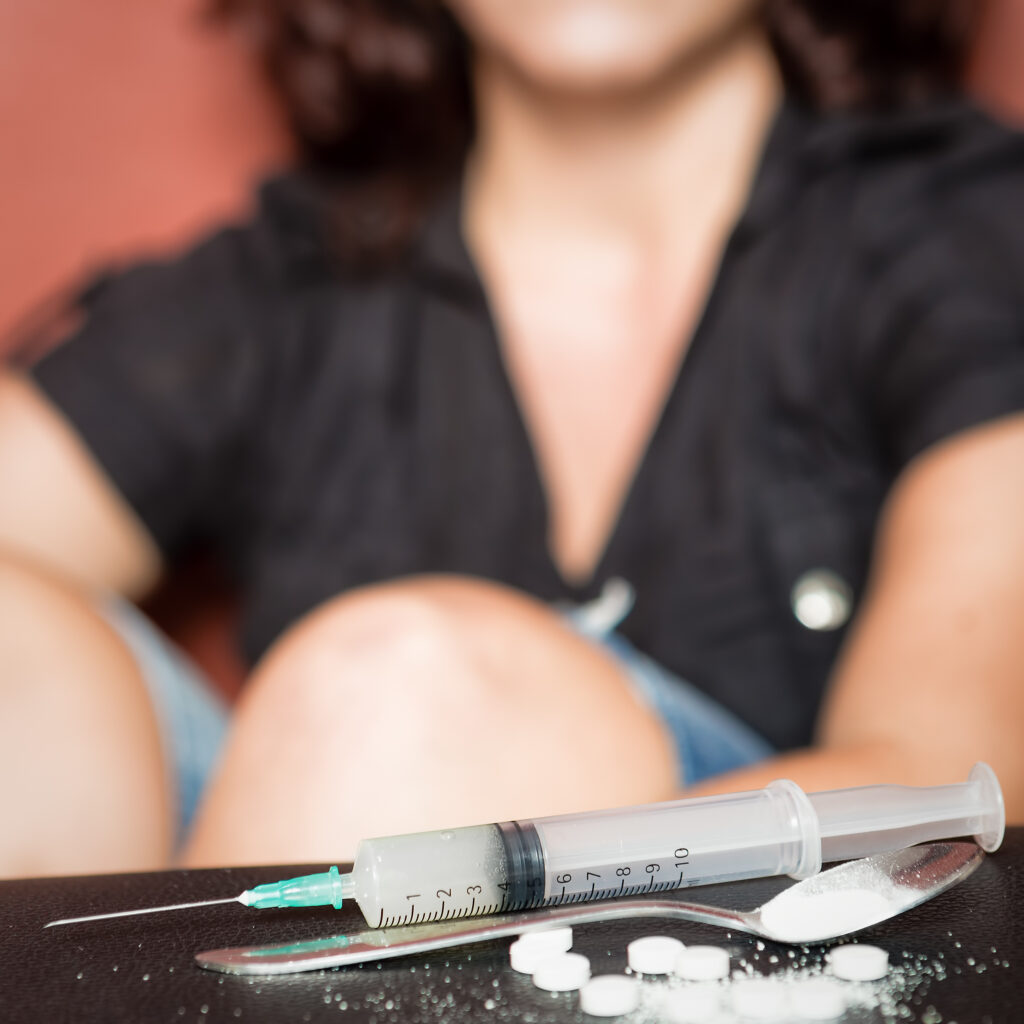
Takeaway
Relapse prevention is very possible if you know what to do. It requires careful planning to ensure that even if you have the urges and even if you are tempted, you will not give in.
Always be open about your feelings and your struggles to the people you trust. They will be there to help you each step of the way. Your recovery will be full of struggles, but you have the power to overcome them with the support of your loved ones. Call Inspire Change Addiction Rehab in Vancouver for addiction treatment programs.
Related article: Canadian Men 62% More Likely To Access Withdrawal Management Services, Reveals 10-Year Long Study

